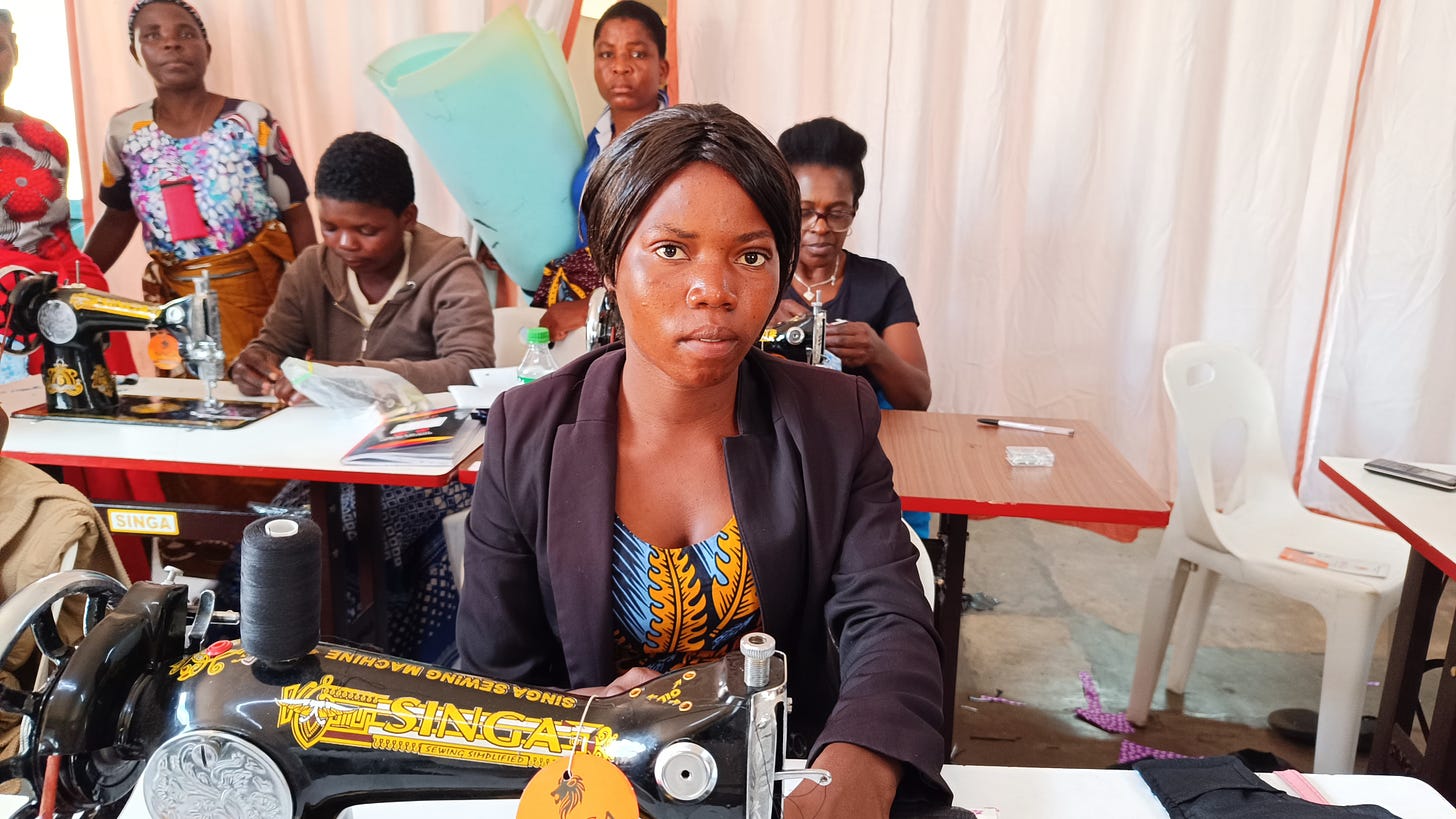Fistula Survivors Empowered Through Tailoring Training, Gaining Financial Independence
Bwaila Fistula care centre provides tailoring training to fistula survivors, equipping them with skills for financial stability and independence.

LILONGWE, MALAWI — Bwaila Fistula Care Centre in Lilongwe has organised a seven-day tailoring training programme for 14 fistula survivors from across the country, writes Bridget Mwanoka.
The survivors, selected from all four regions of the country, will receive training aimed at economically empowering them and providing them with skills to build their own future.
One of the beneficiaries, Moniss Mwale, expressed her gratitude, saying, "Since I was discharged about a year ago, I have had nothing to do, and the training will economically empower me since I will go back home with all the sewing materials, including the sewing machine."
Isaiah Wanesi, who is training the team alongside his wife, emphasised the challenges faced by fistula patients, including stigma, gossip, and isolation. Wanesi encouraged fellow men to be involved in ending Fistula and expressed his enjoyment in teaching the women and girls about sewing.
He stated, "I get a lot of questions as a man as to why I am involved, but truthfully, it is my wish that when the survivors go back home, they should be financially stable."
Margaret Moyo, the Coordinator of the Bwaila Fistula Care Centre, highlighted the importance of equipping fistula survivors with skills for lasting change.
She stated, "For lasting change to come to any fistula survivor, they need to be equipped to build their own future and have independent financial stability."
In addition to the training, the trainees will receive free start-up equipment from the centre, including rolls of cloth, a sewing machine, a bottle of sewing machine oil, a roll of thread, and a tape measure.
This support will enable the survivors to establish their own textile businesses, manage their households, and achieve financial independence.
The Bwaila Fistula Care Centre, which repairs about 250 to 300 fistula patients per year, aims to provide support and empowerment to vulnerable young girls with little or no support.
The centre currently has about 60 patients admitted and is committed to helping fistula survivors rebuild their lives.


